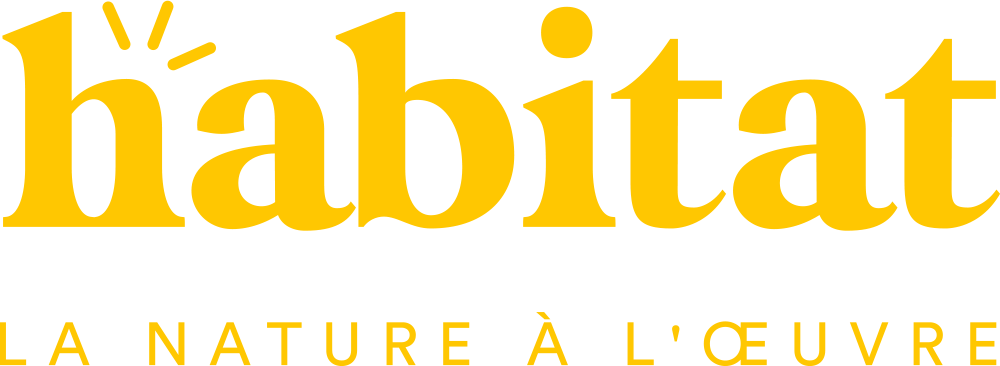A new partnership to monitor and conserve biodiversity in Guinea
The signing ceremony took place on October 29, 2024, at COP16 in Cali, Colombia.
Habitat is pleased to announce a new partnership that marks an important step in accelerating biodiversity conservation in Guinea.
Yesterday, the Ministry of Environment and Sustainable Development of the Republic of Guinea, represented by the Office Guinéen des Parcs Nationaux et Réserves de Faune, the Group on Earth Observation Biodiversity Observation Networks (GEO BON), UPA Développement International (UPA DI) andHabitat signed a collaboration agreement aimed at supporting Guinea in the implementation of key indicators for monitoring progress towards the goals of the Kunming-Montreal Global Biodiversity Framework (CMB-KM).
The agreement embodies a shared commitment to a future in which biodiversity is not only preserved but also promoted as a fundamental asset for sustainable development.
Developing our projects like Femmes Pro-Forêts
This partnership is an opportunity to continue the work carried out as part of the Femmes Pro-Forêts project, launched last year by UPA DI with Habitat and several other collaborators. This project, which aims to improve climate change adaptation by women in the Moyen-Bafing National Park through the increased adoption of nature-based solutions that support vulnerable ecosystems, has led Habitat to develop approaches for calculating biodiversity indicators in order to prioritize natural environments to be protected and restored within the park, and to monitor progress on the ground.
Thanks to this new partnership, Habitat will be working with GEO BON and UPA DI to build on the work already accomplished and support the Guinean Ministry of the Environment and Sustainable Development in setting up a decision-making tool and biodiversity monitoring system for all its protected areas.
Eva Delmas, Moyen-Bafing National Park, Guinea
Key points of the agreement :
1. Development of monitoring indicators: Guinea will be able to develop and report essential indicators for biodiversity monitoring, thus facilitating the evaluation of new protected areas and ensuring the sustainability of the results obtained.
2. Implementation of "BON in a Box": This open platform, developed by GEO BON, will be used to facilitate the production and sharing of results in a standardized way.
3. Assessing the current state of biodiversity: Habitat will work on workflows to assess the state of biodiversity in Guinea, which will be integrated into "BON in a Box".
4. Support from UPA DI: Already involved in the field through the Femmes Pro-forêts project, UPA DI will contribute its expertise in identifying the necessary data sets and coordinating the stakeholders in this new project.
Expected impacts
The anticipated spin-offs from this partnership are promising:
- Improving the capacity of Guinean institutions to monitor and report on progress in biodiversity conservation, which is essential for effective natural resource management.
- Sharing learning with the international community: The tools developed and implemented will be available on the "BON in a Box" platform, making the data more accessible and usable for the benefit of other CMB-KM signatory countries.
Towards international biodiversity protection
This partnership represents a decisive turning point in Guinea's efforts to ensure sustainable management of its biodiversity. With these new tools in place, Guinean institutions will be better prepared to meet the challenges posed by climate change and future pressures on ecosystems.
This collaboration aims to establish a solid foundation for sustainable conservation in Guinea, and is intended to be a model for future partnerships to protect vulnerable ecosystems in all countries committed to achieving the CMB-KM goals.
Eva Delmas, Moyen-Bafing National Park, Guinea




